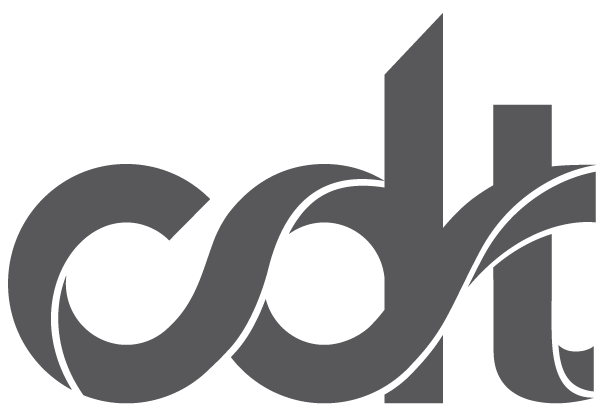Online Art Rights
What are artists’ free-speech rights when they create controversial work? How do those rights apply when artists distribute their work online? Online Art Rights answers these questions, giving you easy-to-understand explanations of what is and is not protected by the First Amendment of the U.S. Constitution, as well as what kinds of restrictions you’re likely to encounter as you display or sell your work online, or display the art of others.
The First Amendment broadly protects all kinds of expression from government regulation. In addition, various laws have been enacted that have carried the offline world’s strong protection of free expression and the free flow of ideas and art into the online environment. In most cases, there is very little to worry about as you consider hosting your work online. Certain controversial subjects, however, can be regulated, which might lead to legal trouble. Online Art Rights is intended to help you understand those risks and what you can do about them.
The site is divided into three main areas:
- Issues This section covers the rights and risks associated with various types of controversial material. Despite First Amendment protections, some types of material can be regulated or restricted in different ways. Issues covered include Sexual Content, Violence, Political Speech, Hate Speech, Depictions of Real People, and Sampling and Appropriation.
- Risks This section is aimed at those with specific legal considerations, and covers the various penalties and regulations that might come up in relation to displaying controversial material online. From a free-speech perspective, the risks are usually not too worrisome, but it is possible to run into various civil and criminal penalties, as well as government regulations. This section also discusses the role of third-party terms of service agreements and the issues that arise from the international nature of the Internet.
- Roles This section contains information for both artists looking to post their work online, and for web hosts, web developers, or dealers who might host the work of others. The Artist section covers anonymous posting, student work, and the different considerations for hosting your own work versus contributing your work to an online forum. The Online Service Provider section covers intermediary immunity, reporting obligations for illegal material, and the particular issues that apply to government-sponsored forums.
Spread the Word
The Internet is a tremendously rich and powerful platform for expression of all kinds and in all media. We hope you find these articles helpful as you create and share your work online. Please help spread the word using the links at the bottom of each page.
Legal Disclaimer
The intent of this website is to provide artists and others with a general overview of the legal landscape for art online. The materials here are not intended, and should not be used, as legal advice. They necessarily contain generalizations that are not applicable in all jurisdictions or circumstances. Moreover, court decisions may be superseded by subsequent rulings, and may be subject to alternative interpretations. If you are facing a legal claim or risk discussed here, you should consult with an attorney.
This site was created by the
Center for Democracy & Technology
and was made possible by a generous grant from
The Andy Warhol Foundation for the Visual Arts
